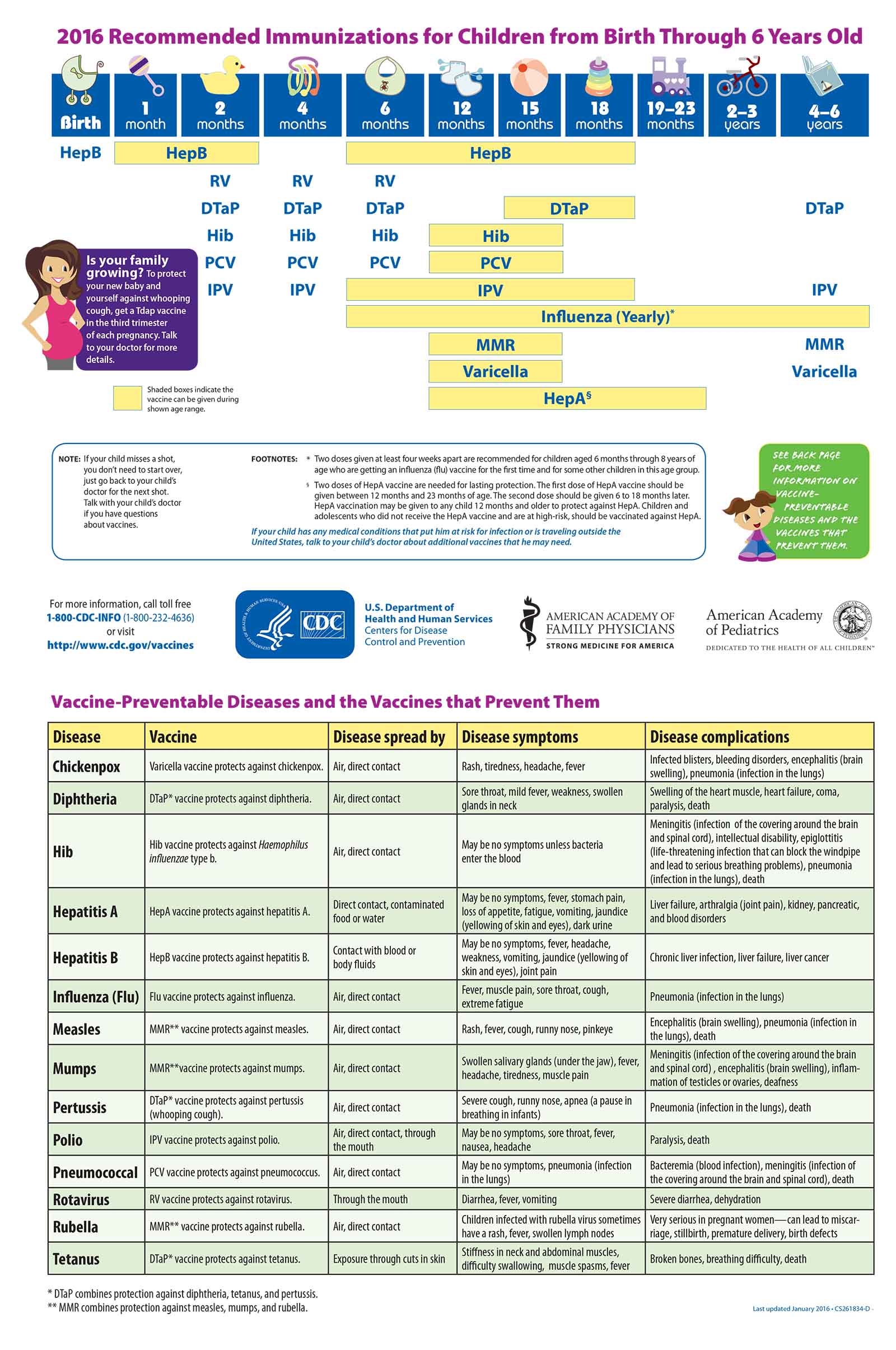Eligible for VFC Vaccine, Not Eligible for VFC Vaccine
Mountain Utah Family Medicine offers immunizations to both adults and children. Because we are a Rural Health Clinic (RHC) we can participate in the VFC program. The Vaccines for Children (VFC) Program offers vaccines at no cost for eligible children through doctors enrolled in the program.
The Vaccines for Children (VFC) Program provides vaccines to children whose parents or guardians may not be able to afford them. This helps ensure that all children have a better chance of getting their recommended vaccinations on schedule. These vaccines protect babies, young children, and adolescents from 16 diseases.
Children through 18 years of age who meet at least one of the following criteria are eligible to receive VFC vaccine:
- Medicaid eligible: A child who is eligible for the Medicaid program. (For the purposes of the VFC program, the terms “Medicaid-eligible” and “Medicaid-enrolled” are equivalent and refer to children who have health insurance covered by a state Medicaid program)
- Uninsured: A child who has no health insurance coverage
- American Indian or Alaska Native: As defined by the Indian Health Care Improvement Act (25 U.S.C. 1603)
- Underinsured: A child who has health insurance, but the coverage does not include vaccines; a child whose insurance covers only selected vaccines (VFCeligible for non-covered vaccines only). Underinsured children are eligible to receive VFC vaccine only through a Federally Qualified Health Center (FQHC), or Rural Health Clinic (RHC) or under an approved deputization agreement.
Children whose health insurance covers the cost of vaccinations are not eligible for VFC vaccines, even when a claim for the cost of the vaccine and its administration would be denied for payment by the insurance carrier because the plan’s deductible had not been met.
The Children’s Health Insurance Program (CHIP), known as Title XXI, enables states to expand health insurance coverage for uninsured children. Title XXI children enrolled in a separate Children Health Insurance Program are not VFC-eligible because these children are considered insured. Title XXI children enrolled in a Medicaid-expansion CHIP program are Medicaid eligible and entitled to VFC program benefits.
Some states have implemented their CHIP programs as a combination plan with some children becoming Medicaid eligible through an expansion plan and some children enrolled in a separate CHIP. The Medicaid-eligible children are entitled to VFC program benefits, and the children enrolled in the separate CHIP program are considered insured and are not entitled to VFC program benefits.
What is an RHC?
An RHC is a clinic located in a Health Professional Shortage Area, a Medically Underserved Area, or a Governor-Designated Shortage Area. RHCs are required to be staffed by physician assistants, nurse practitioners, or certified nurse midwives at least half of the time that the clinic is open.
Provider Responsibility to Screen for VFC Eligibility
Screening to determine a child’s eligibility to receive vaccines through the VFC Program and documentation of the screening results must take place with each immunization visit. The patient eligibility screening record provides a means of recording parent responses to VFC eligibility questions. The parent, guardian or provider may complete this form. Verification of parent/guardian responses is not required.
To maximize efficiency, providers may elect to incorporate these screening questions into an existing form; however, any revision must include the core screening information listed on the CDC-developed form and be approved by the state Immunization Program. Patient eligibility screening records should be maintained on file for a minimum of 3 years after service to the patient has been completed unless state law/policy establishes a longer archival period.



